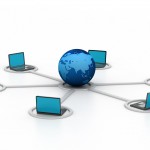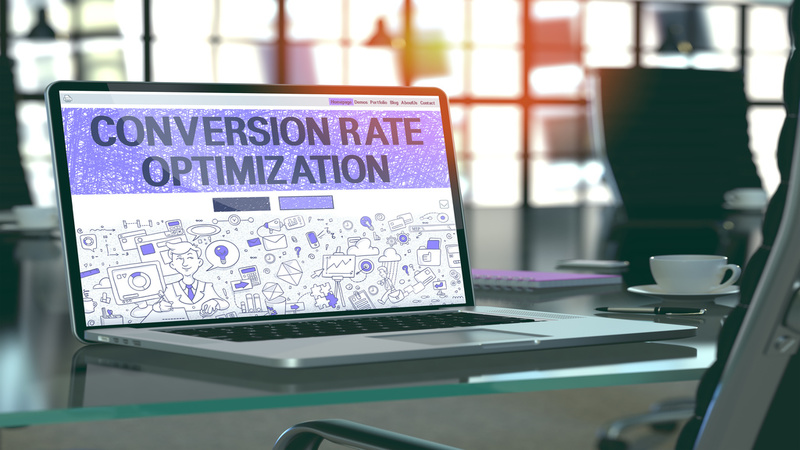If you’re shopping for a new hard drive and you happen upon a list of prices for so-called enterprise hard drives, the first thing you are likely to notice is the considerably higher price of these devices compared with the price of a “normal” hard drive. There are a number of good reasons for this price difference and this article provides a brief overview of those reasons.
Enterprise Hard Drives: Built for Business
Enterprise hard drives are built with the demands of business server applications in mind. For example, while your average desktop or laptop drive is only in use for a few hours every day, enterprise hard drives are designed to be under load 24/7, constantly servicing access demands from multiple server clients.
Even when an array of enterprise hard drives in a server isn’t supporting client requests, it’s likely to be performing other important tasks, such as recording and storing data backups or running maintenance tasks like error detection. When working as part of a disk array, sometimes together with as many as 24 other drives installed together in a single enclosure, vibration and heat all take their toll. Enterprise drives therefore, are built with heavy duty programming and run on firmware designed for industrial rigors.
Reliability is Paramount
In the desktop environment, there is often just one hard drive. Therefore, when a problem arises while trying to access data, a desktop drive is configured to go to work and recover the data at all costs. This can sometimes take many minutes during which the drive will not allow access to perform any other tasks.
In an enterprise environment however, it’s not acceptable for long delays to occur if a bad data sector is encountered. Because enterprise hard drives are installed as part of an array, they are configured to give up the attempt to recover data after a very short time, usually less than 10 seconds. The number of retry attempts is also restricted to two or three. After this the RAID controller which manages the enterprise drive array takes over to rebuild the sector from redundant data on the other drives. Meanwhile the original drive quickly returns to its normal duties and disregards the bad sector that it found.
When all of the features are incorporated into enterprise hard drives to ensure reliability and robustness, the price tag is increased accordingly. As with any hardware item, you get what you pay for and drives designed for desktop or laptop use are simply not up to the task of handling server workloads.
Similarly, enterprise drives are not suitable for installation in desktop computers, unless as part of a RAID array, due to their short timeout tolerances for bad sector recovery. In short, unless you are building a server for network use, you won’t need an enterprise class hard drive, so you can ignore the heavy price tag and opt for a good quality desktop class drive instead. browse around here to buy quality product.


